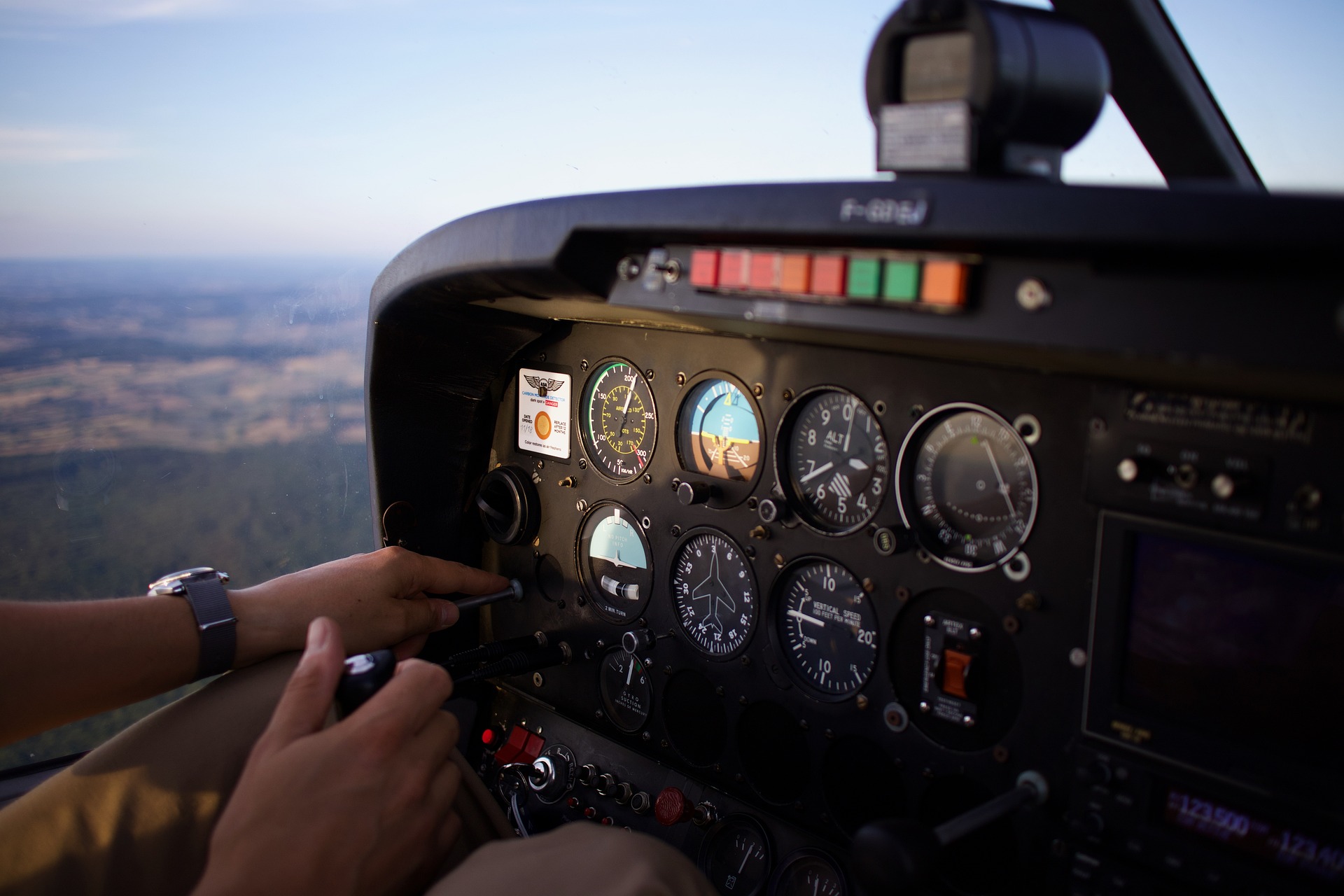Exploring Pilot Training for Seniors
Some training institutions offer aviation programs that may be suitable for older adults interested in learning new skills or exploring aviation as a personal pursuit. With options that vary in structure and intensity, seniors can explore what fits their pace and interest.

What types of pilot training programs are available for seniors?
Pilot training programs for seniors come in various forms, catering to different levels of commitment and goals. Some popular options include:
-
Recreational pilot courses: These programs focus on flying for personal enjoyment and typically require less intensive training than commercial pilot programs.
-
Private pilot license (PPL) courses: More comprehensive than recreational courses, PPL programs prepare students for solo flights and basic navigation skills.
-
Sport pilot courses: Designed for light aircraft enthusiasts, these programs often have less stringent medical requirements, making them attractive to seniors.
-
Ground school courses: For those interested in aviation theory without necessarily flying, ground school programs offer in-depth knowledge about aviation principles, regulations, and flight planning.
Are there age restrictions for pilot training programs?
Contrary to popular belief, there are typically no upper age limits for pilot training programs. The key requirements are usually related to health and fitness rather than age. Seniors interested in pilot training should:
-
Obtain a medical certificate from an aviation medical examiner
-
Pass a written exam on aviation knowledge
-
Complete the required flight hours with a certified instructor
While some physical limitations may exist, many seniors find that they can successfully complete pilot training with proper preparation and dedication.
What are the benefits of pilot training for seniors?
Engaging in pilot training during retirement years offers numerous benefits:
-
Cognitive stimulation: Learning to fly challenges the mind and helps maintain cognitive function.
-
Social interaction: Training programs provide opportunities to meet like-minded individuals and form new friendships.
-
Sense of achievement: Mastering new skills boosts confidence and provides a sense of accomplishment.
-
Adventure and travel: Piloting opens up new possibilities for exploration and travel.
-
Fulfillment of lifelong dreams: Many seniors find joy in finally pursuing a passion they may have put off earlier in life.
How can seniors prepare for pilot training?
Preparing for pilot training as a senior involves several steps:
-
Medical assessment: Consult with your doctor and an aviation medical examiner to ensure you meet the necessary health requirements.
-
Research training options: Look into local flight schools and training programs that cater to older students.
-
Budget planning: Consider the costs associated with training, including lessons, equipment, and potential aircraft rental or purchase.
-
Physical preparation: Engage in exercises to improve coordination, reflexes, and overall fitness.
-
Start with ground school: Begin with theoretical knowledge to build a strong foundation before practical flight training.
What unique considerations should seniors keep in mind?
When embarking on pilot training, seniors should consider:
-
Learning pace: Recognize that learning may take longer than it would for younger students, and be patient with the process.
-
Health monitoring: Regular check-ups are crucial to ensure ongoing fitness for flying.
-
Technology adaptation: Familiarize yourself with modern aviation technology and cockpit instruments, which may have evolved significantly since you last considered flying.
-
Insurance implications: Investigate how obtaining a pilot’s license might affect your insurance policies, including life and health insurance.
-
Family support: Discuss your plans with family members to ensure they understand and support your new endeavor.
Where can seniors find suitable pilot training programs?
Seniors interested in pilot training can explore various options:
-
Local flight schools: Many airports have flight schools that offer training programs suitable for older adults.
-
Aviation clubs: Join local aviation clubs to connect with instructors and fellow enthusiasts who can guide you to appropriate training options.
-
Community colleges: Some educational institutions offer aviation courses as part of their continuing education programs.
-
Online resources: Websites like AOPA (Aircraft Owners and Pilots Association) provide information on training programs and can help locate schools in your area.
-
Retirement communities: Some retirement communities, especially those in aviation-friendly areas, may offer or facilitate access to pilot training programs.
| Training Program | Provider Type | Features | Estimated Cost Range |
|---|---|---|---|
| Recreational Pilot | Local Flight Schools | Basic flight skills, shorter course duration | $5,000 - $10,000 |
| Private Pilot License | Aviation Academies | Comprehensive training, solo flight preparation | $10,000 - $15,000 |
| Sport Pilot | Specialized Flight Centers | Light aircraft focus, less stringent medical requirements | $4,000 - $8,000 |
| Ground School | Online Providers/Local Classes | Aviation theory, no practical flight training | $500 - $2,000 |
Prices, rates, or cost estimates mentioned in this article are based on the latest available information but may change over time. Independent research is advised before making financial decisions.
In conclusion, pilot training for seniors is not only possible but can be a rewarding and enriching experience. With a range of programs available, flexible learning options, and the potential for personal growth and adventure, aviation education offers a unique opportunity for older adults to spread their wings and embrace new horizons. Whether pursuing a lifelong dream or discovering a new passion, seniors can find suitable pathways to take to the skies and enjoy the freedom of flight.




